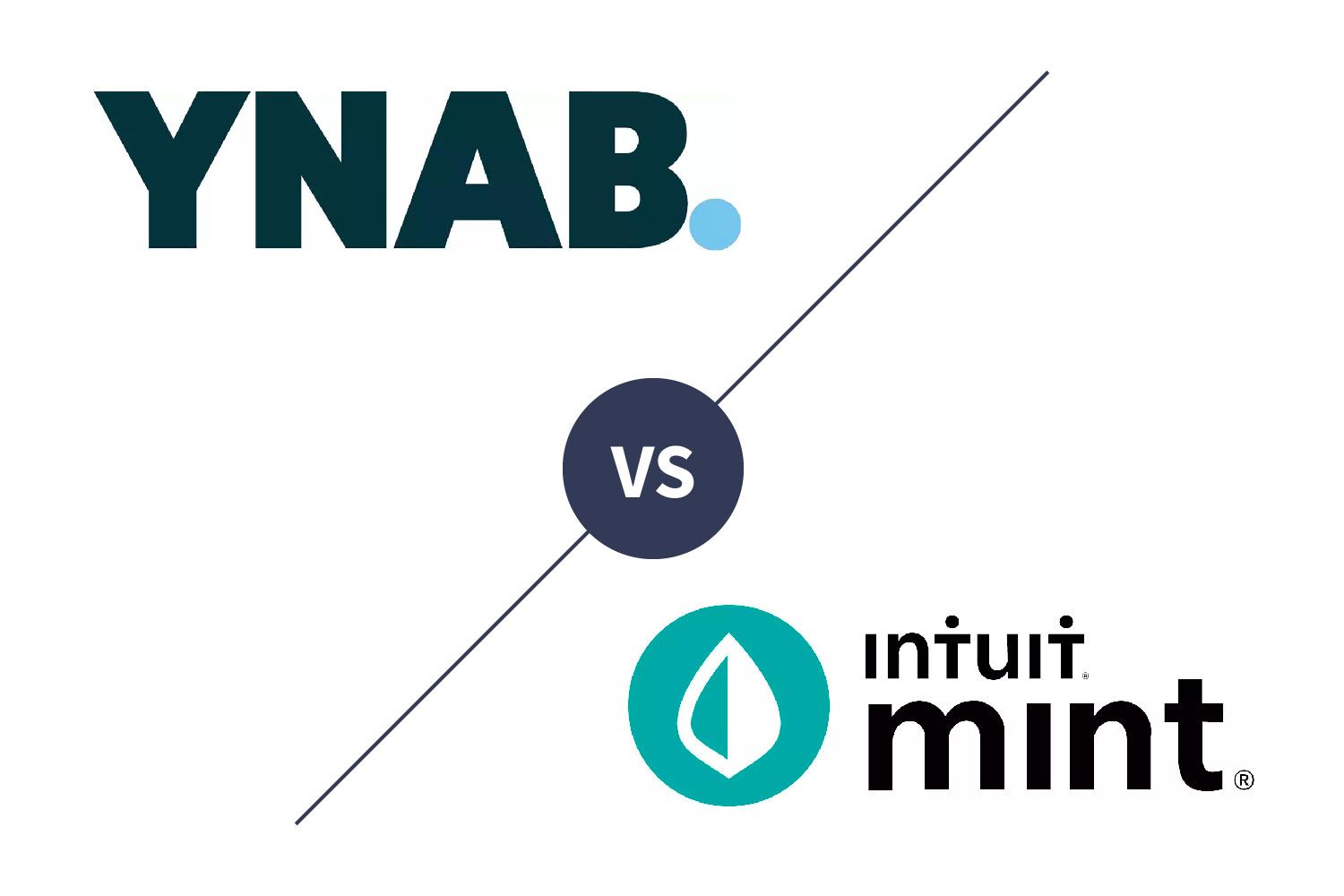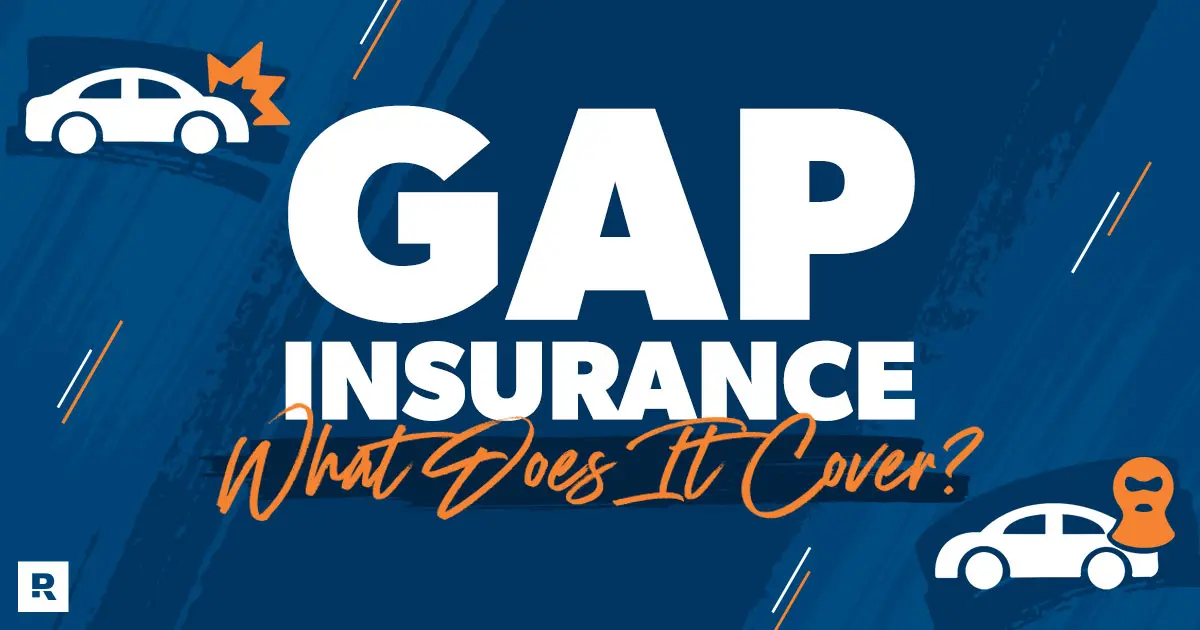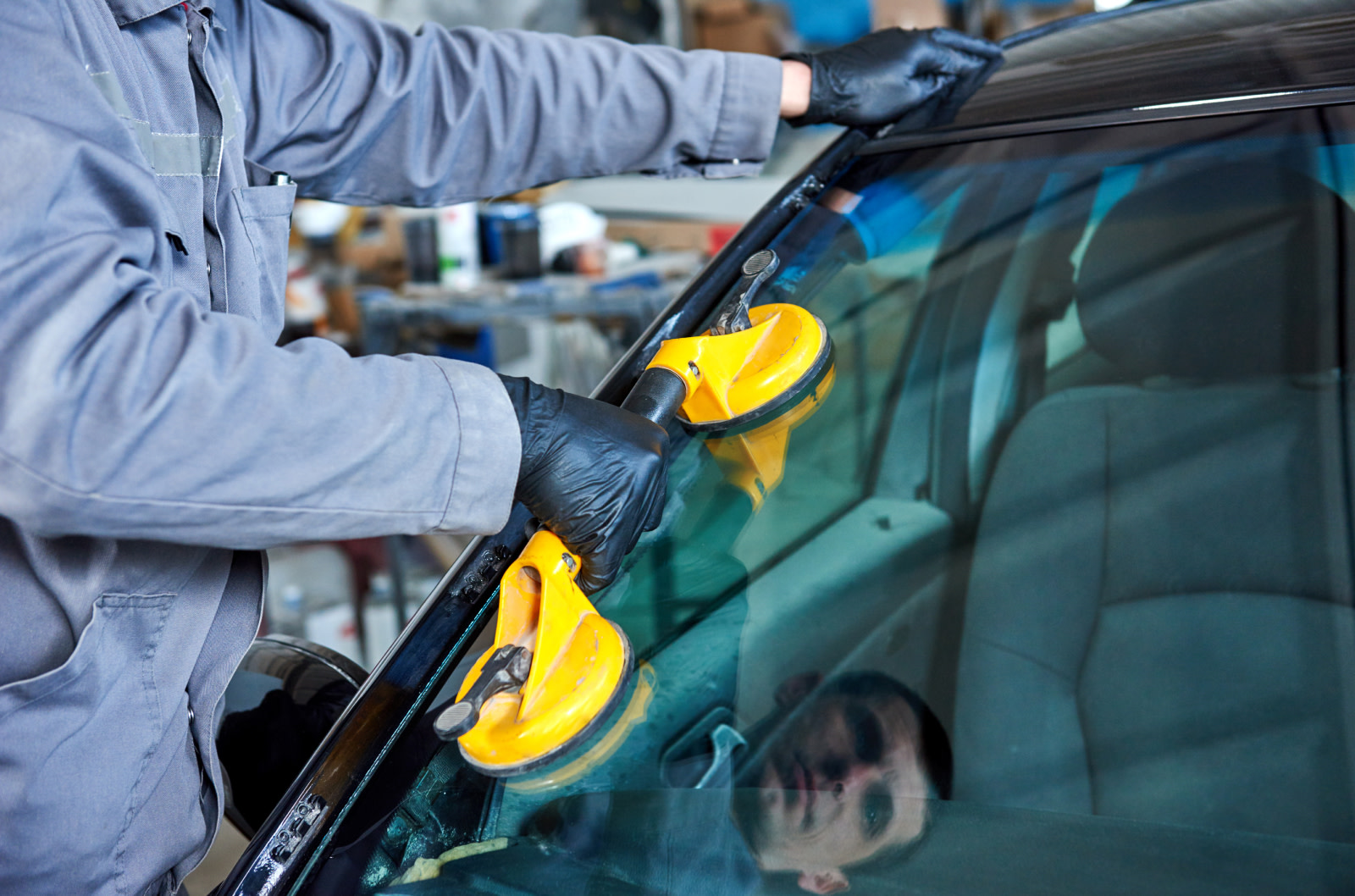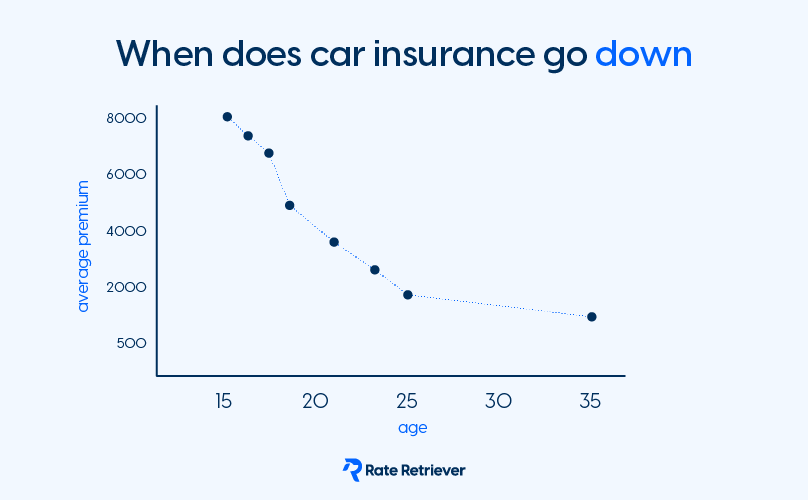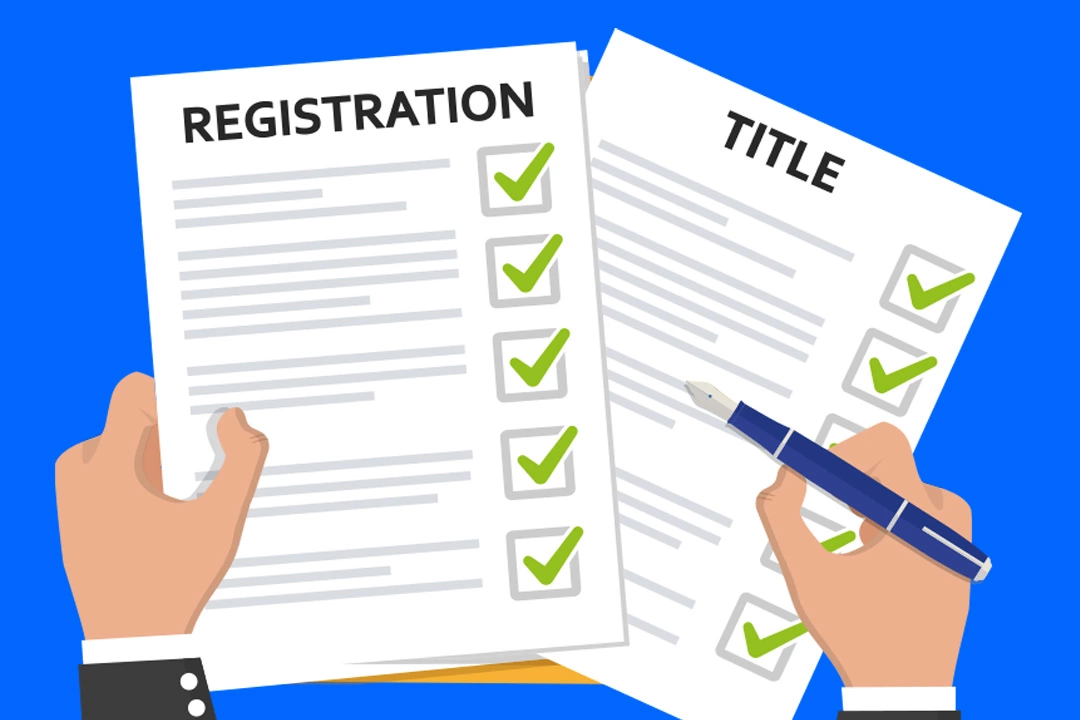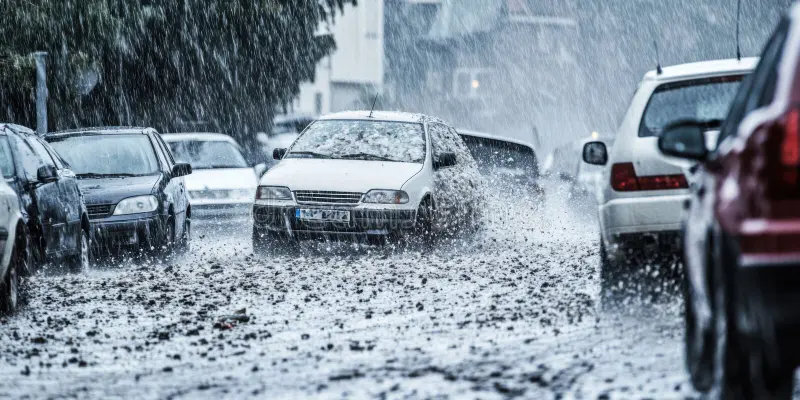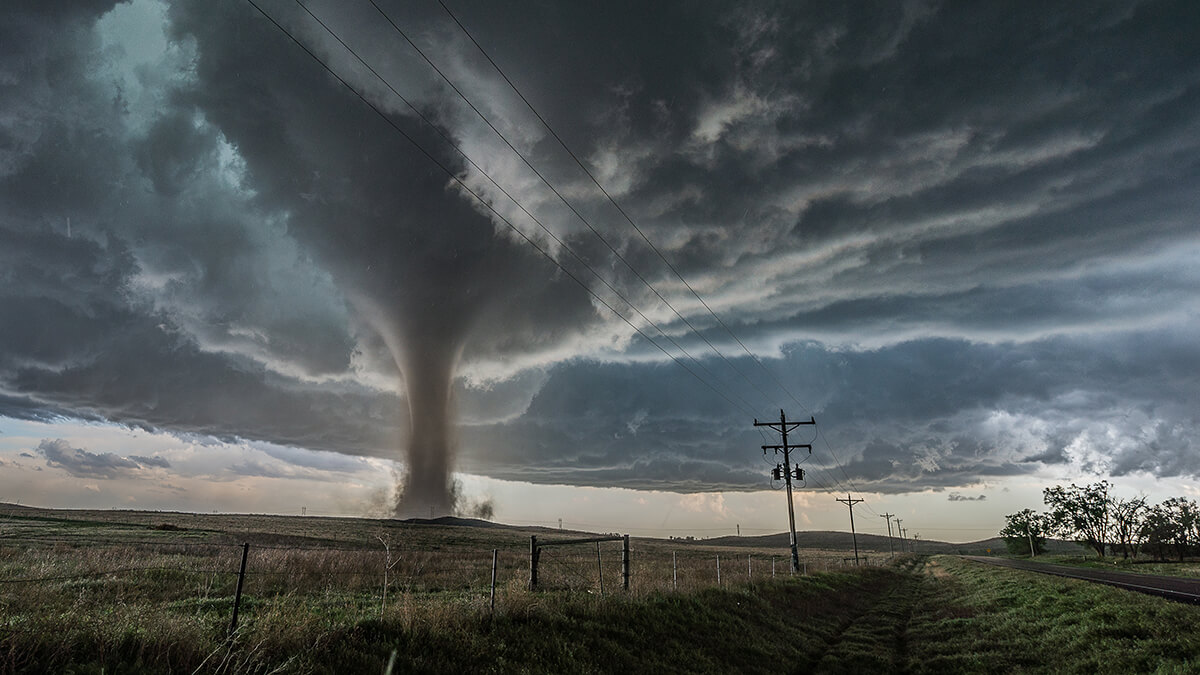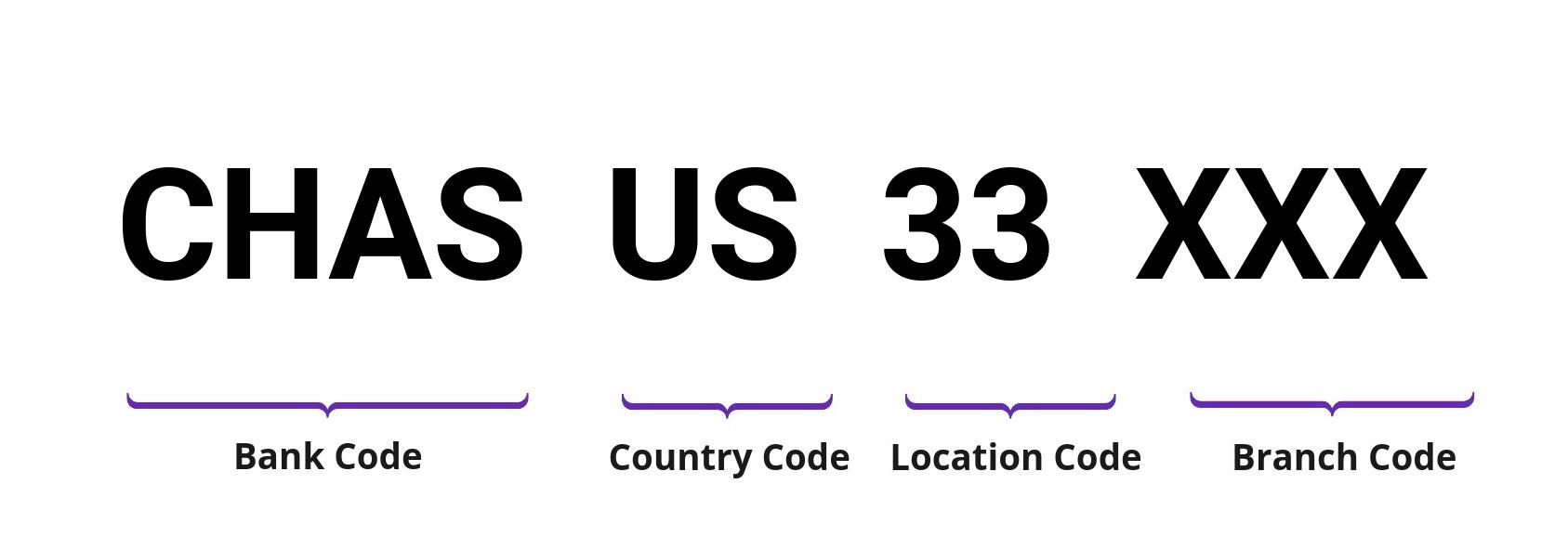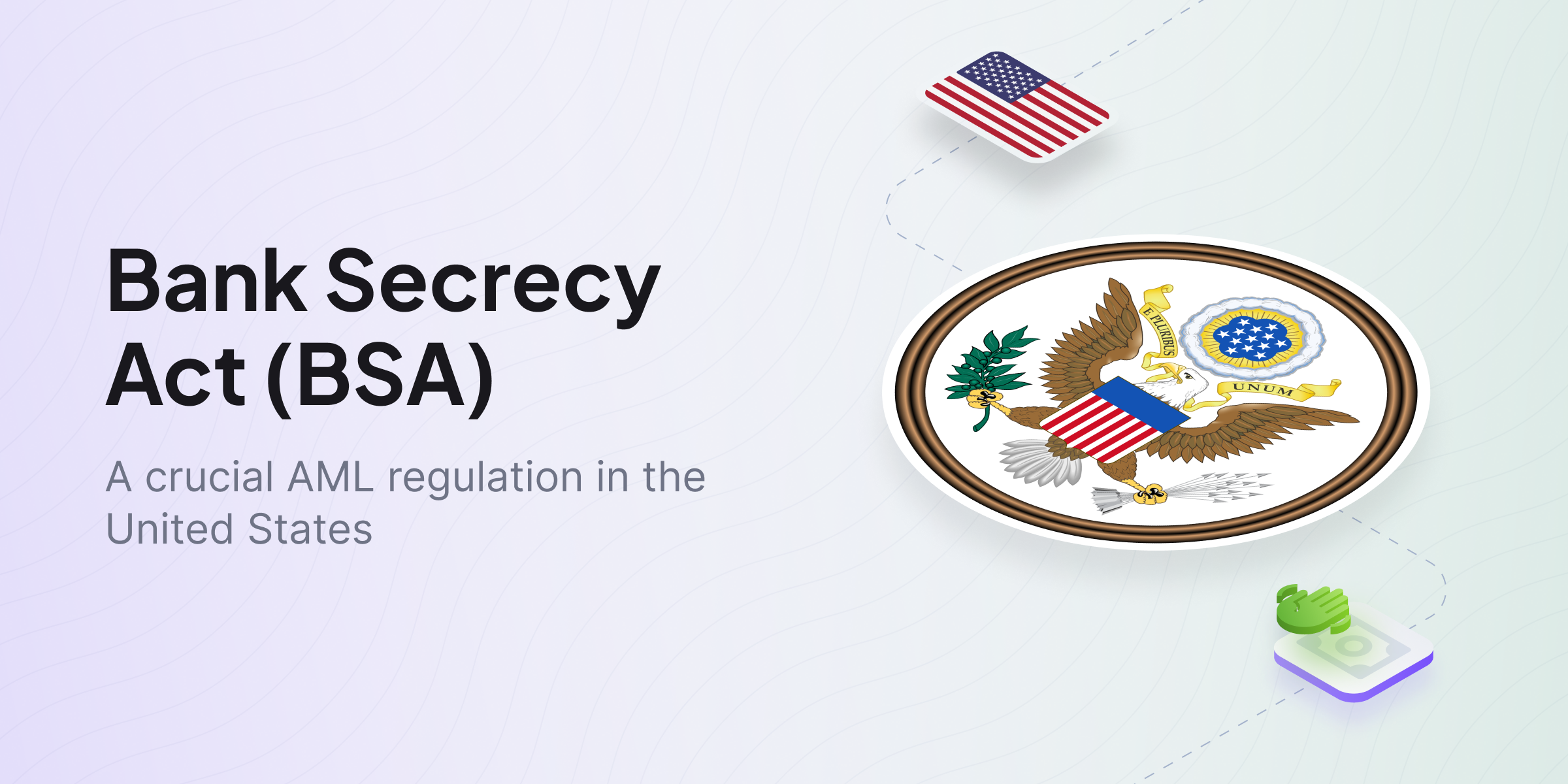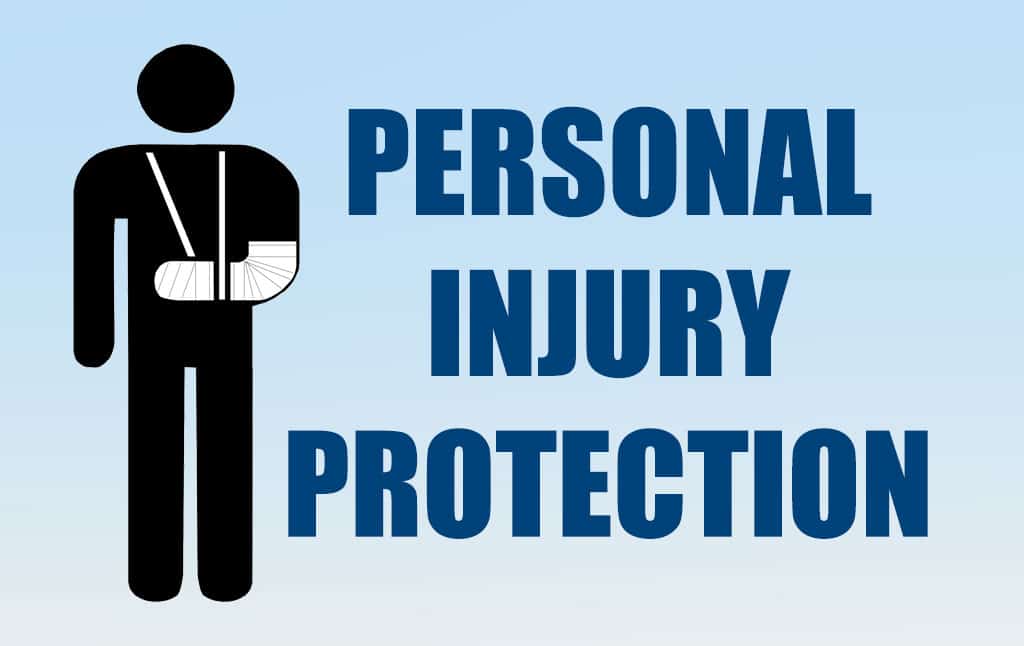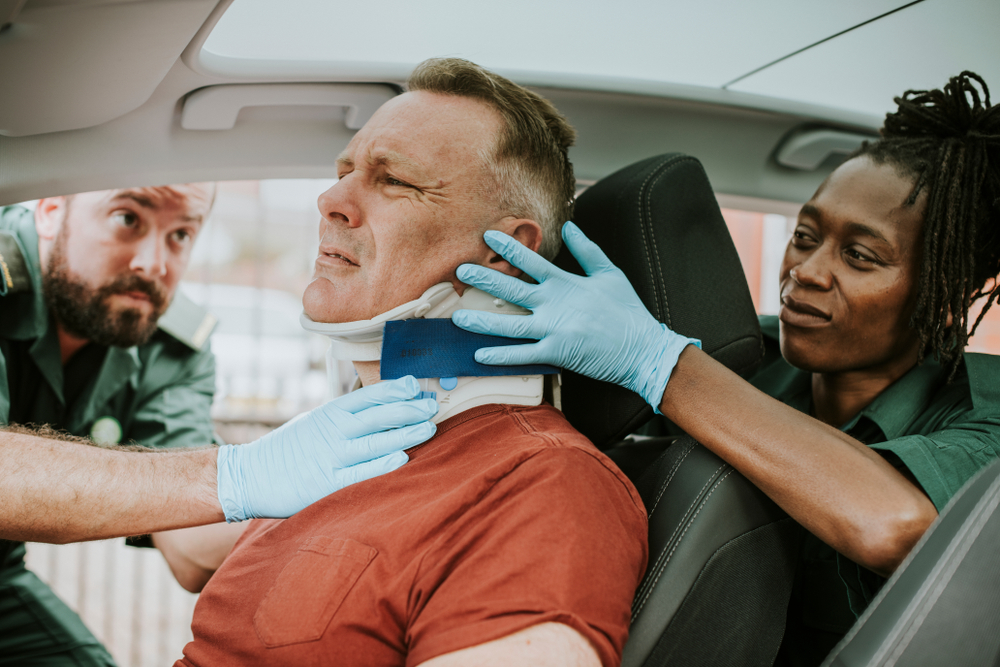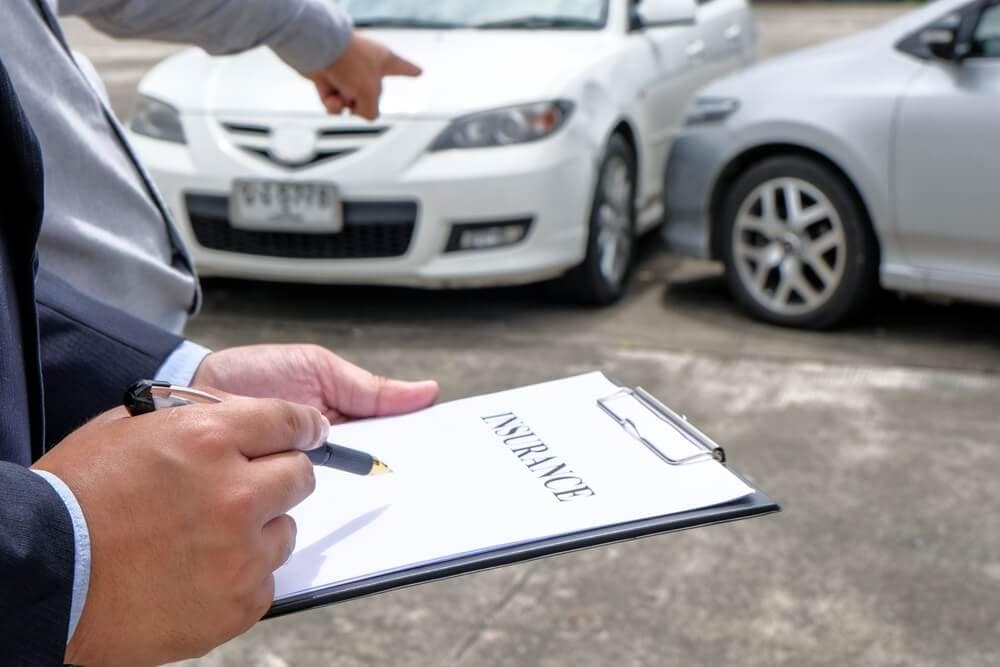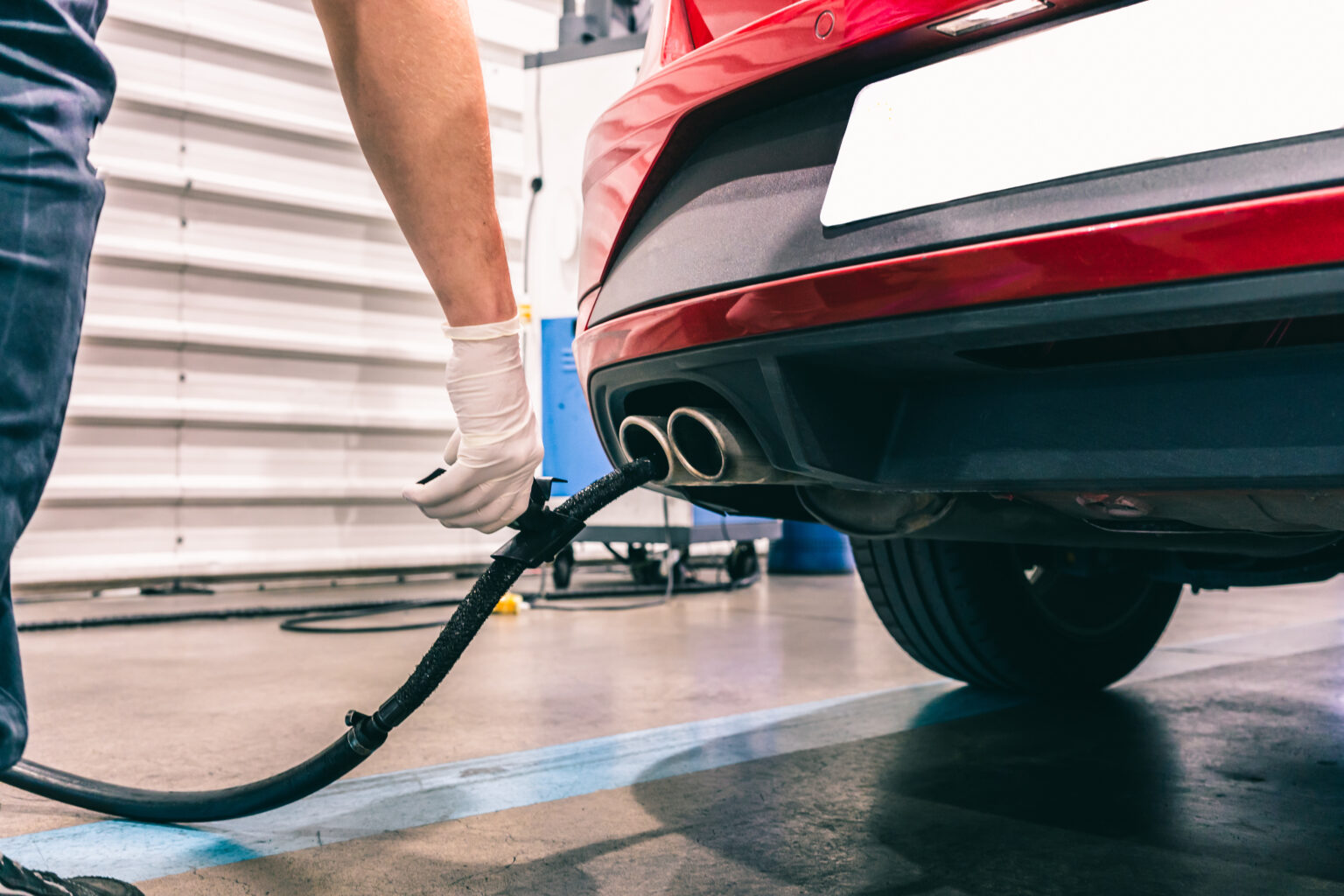Offshore jobs, particularly in the oil and gas, shipping, and maritime industries, can offer lucrative pay but also come with significant risks. Workers in offshore environments are exposed to dangerous conditions, such as harsh weather, faulty equipment, and the inherent risks of working on rigs or ships. When an offshore accident occurs, the injuries can be catastrophic, and victims often face substantial medical expenses, loss of income, and long-term disabilities. In such situations, hiring an offshore accident lawyer can provide critical legal assistance to secure compensation for injuries sustained on the job.
In this guide, we will explore what an offshore accident lawyer does, the types of cases they handle, why hiring one is essential, and how to find the right attorney for your case.
What is an Offshore Accident Lawyer?
An offshore accident lawyer is a personal injury attorney who specializes in representing workers who have been injured while working offshore. This includes jobs on oil rigs, cargo ships, fishing vessels, and other maritime-related occupations. Offshore accident lawyers are knowledgeable about maritime laws, including the Jones Act, Longshore and Harbor Workers’ Compensation Act (LHWCA), and other legal provisions that protect offshore workers.
These attorneys focus on helping clients navigate complex legal issues, file compensation claims, and pursue lawsuits against negligent parties. Whether an injury occurs due to equipment failure, lack of safety protocols, or hazardous work environments, an offshore accident lawyer will work to ensure that the victim receives fair compensation for their injuries and damages.
Common Offshore Accidents and Injuries
Offshore work is inherently dangerous, and accidents can occur due to a variety of reasons. Some of the most common offshore accidents include:
1. Slip and Fall Accidents
The wet and slippery conditions of offshore rigs and ships increase the risk of slip and fall accidents. Workers can easily fall on wet surfaces, resulting in broken bones, head injuries, and other severe conditions.
2. Crane and Equipment Accidents
Offshore workers often operate heavy machinery, such as cranes, winches, and jack-up rigs. Malfunctions, improper operation, or lack of maintenance can lead to accidents, causing serious injuries such as crushing injuries, amputations, or even death.
3. Explosions and Fires
Offshore rigs and platforms are vulnerable to explosions and fires due to the presence of highly flammable materials such as oil and gas. These accidents can result in severe burns, inhalation injuries, and life-threatening trauma.
4. Drowning
Accidents involving falling overboard or capsizing vessels are also common offshore incidents. Drowning and near-drowning can lead to fatal outcomes or permanent brain damage.
5. Decompression Sickness
Commercial diving and other underwater activities can expose workers to decompression sickness, also known as “the bends,” which occurs when a diver surfaces too quickly, causing nitrogen bubbles to form in the bloodstream.
6. Crush Injuries
Injuries from being caught between large objects, machinery, or equipment on offshore platforms are also prevalent. These accidents often result in broken bones, internal injuries, and, in some cases, amputations.
7. Exposure to Hazardous Substances
Offshore workers are frequently exposed to toxic substances, such as asbestos, chemicals, and fumes. Long-term exposure to these substances can lead to serious respiratory conditions and cancers, including mesothelioma.
Why Hire an Offshore Accident Lawyer?
Hiring an offshore accident lawyer is critical for several reasons, especially given the unique nature of offshore work and maritime laws. Here’s why you need an attorney specializing in offshore accidents:
1. Expert Knowledge of Maritime Law
Offshore accidents are subject to complex laws that differ from standard personal injury laws. A lawyer who is well-versed in maritime law can help you understand your rights and ensure that your claim is filed under the correct legal framework. Some of the relevant laws include:
- The Jones Act: A federal law that allows seamen injured while working on a vessel to sue their employer for negligence.
- The Longshore and Harbor Workers’ Compensation Act (LHWCA): This law provides benefits for workers injured on the docks or in other longshore-related occupations.
- Maintenance and Cure: Under the Jones Act, injured seamen are entitled to maintenance (daily living expenses) and cure (medical treatment) until they reach maximum medical improvement.
2. Maximizing Compensation
An offshore accident lawyer will have experience negotiating with insurance companies, maritime employers, and other parties involved. They can maximize your compensation by ensuring that all forms of damages are accounted for, including medical costs, lost wages, pain and suffering, and future earnings.
3. Handling Complex Cases
Offshore injury cases can involve complicated factors such as international jurisdiction, maritime safety regulations, and a mix of federal and state laws. An experienced attorney will navigate these complexities and ensure that your case is handled correctly.
4. No Upfront Fees
Many offshore accident lawyers work on a contingency fee basis, meaning you don’t pay anything unless you win your case. This makes legal representation accessible to victims who may already be facing financial difficulties due to their injuries.
5. Investigation and Evidence Gathering
Offshore accident lawyers have access to resources to investigate the accident thoroughly. This may include interviewing witnesses, consulting experts, and obtaining accident reports and maintenance records to prove liability.
How to Choose the Right Offshore Accident Lawyer
Choosing the right lawyer is essential for achieving the best possible outcome in your offshore injury case. Here are some important factors to consider when hiring an offshore accident attorney:
1. Experience in Maritime Law
Look for a lawyer who specializes in maritime law and has experience handling offshore accident cases. A lawyer with knowledge of the Jones Act, LHWCA, and related laws will be better equipped to manage your case effectively.
2. Track Record of Success
Check the lawyer’s history of success in offshore accident cases. A lawyer with a proven track record of obtaining significant settlements and verdicts will be more likely to secure a favorable outcome for your case.
3. Free Consultation
Many offshore accident lawyers offer a free consultation to evaluate your case. During this consultation, ask about their experience, approach, and success rate. This will help you determine whether they are a good fit for your needs.
4. Reputation and Client Reviews
Look for reviews and testimonials from previous clients. A reputable lawyer will have positive feedback from clients who have been satisfied with their services. You can check platforms like Google Reviews and Avvo for client testimonials.
5. Clear Communication
Effective communication is key. Choose a lawyer who listens to your concerns, keeps you informed throughout the process, and explains legal terms and proceedings in a clear, understandable way.
Top Offshore Accident Law Firms
When looking for an offshore accident lawyer, consider reaching out to well-established law firms that specialize in maritime accidents and offshore injuries. Here are a few trusted law firms:
1. The Bristow Law Firm
Specializing in maritime law, The Bristow Law Firm has helped numerous offshore workers and their families navigate complex injury claims and achieve substantial settlements. They handle cases involving the Jones Act, LHWCA, and other maritime laws.
- Website: The Bristow Law Firm
2. Arnold & Itkin LLP
Arnold & Itkin LLP is one of the leading law firms specializing in offshore and maritime accident cases. They have a history of securing record-setting settlements for offshore workers.
- Website: Arnold & Itkin LLP
3. Gauthier, Houghtaling & Williams, LLC
This law firm offers extensive experience representing injured offshore workers, including those injured on oil rigs, boats, and in the maritime industry. They handle cases under the Jones Act and LHWCA.
4. Lerner and Rowe Injury Attorneys
Lerner and Rowe Injury Attorneys provide comprehensive legal services for offshore injury victims. They offer free consultations and operate on a contingency fee basis.
- Website: Lerner and Rowe Injury Attorneys
Conclusion
Offshore accidents are often catastrophic, leading to severe injuries or even death. If you or a loved one has been injured in an offshore accident, seeking the assistance of a qualified offshore accident lawyer is essential to protect your rights and secure compensation. These lawyers are experts in maritime law and can guide you through the complex legal process, ensuring that you receive the compensation you deserve.
By understanding the types of accidents that occur offshore, the importance of hiring a specialized lawyer, and the factors to consider when choosing an attorney, you can make informed decisions and pursue justice for your injuries. Don’t wait—contact a trusted offshore accident lawyer today to explore your legal options.
For more information on offshore accidents and legal support, visit trusted resources like the Jones Act and National Maritime Law Group.
